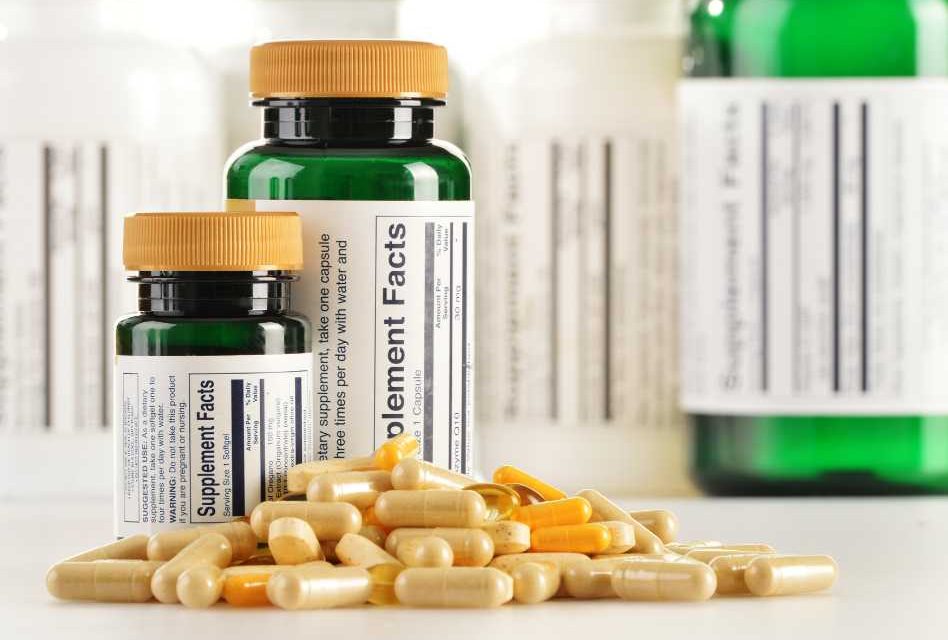
As many as a third or half of the adults in the United States take dietary supplements. But just because a dietary supplement is available at your local pharmacy or health food store doesn’t mean it is safe for you to take. In fact, some herbs and supplements have been associated with liver damage.
Here’s what you need to know before deciding to take supplements.
What Are Dietary Supplements?
Dietary supplements come in many forms, including tablets, capsules, powders, bars, gummies and liquids, that can enhance your diet. Common supplements include:
- Vitamins
- Minerals (such as calcium, magnesium, and iron)
- Herbs (such as echinacea and ginger)
- Botanical compounds (such as caffeine and curcumin)
- Amino acids (such as tryptophan and glutamine)
- Live microbials (also known as probiotics)
Risks of Dietary Supplements
One of the biggest risks of taking a supplement is not knowing enough about it. Some supplements can interact with medications, interfere with lab tests or have dangerous effects during surgery.
Problems can occur, especially if you:
- Combine supplements
- Mix medicines and supplements
- Take too much of some supplements
- Take supplements instead of medications
Supplements can also result in liver injury. In fact, one study estimates that 20 percent of liver injuries in the United States are caused using dietary supplements. It found that two types of supplements were largely to blame: multi-ingredient nutrition products such as those used for weight loss, and anabolic steroids used in body building.
Signs of Liver Damage
Your body can process specific amounts of vitamins and minerals. If levels exceed what your body can metabolize, they can potentially lead to liver damage.
If you are taking dietary supplements, especially for weight loss or building muscle, it is important to know the signs of liver damage. Some of the most common symptoms include:
- Jaundice
- Pain in your upper right abdomen
- Swollen belly
- Nausea
- Dark-colored urine
- Unexpected weight loss
- Disorientation
How Are Dietary Supplements Regulated?
Unfortunately, the FDA is not authorized to approve all dietary supplements for safety and effectiveness before they are for sale. Under the Federal Food, Drug, and Cosmetic Act (FD&C Act), it is the responsibility of dietary supplement companies to ensure their products meet the safety standards for dietary supplements and are not otherwise in violation of the law.
This makes it difficult to know the supplement’s risks and benefits because thorough research is not required. Furthermore, the manufacturer doesn’t have to disclose potential side effects. The FDA only monitors adverse reaction reports that are submitted by dietary supplement companies, health care professionals and consumers, once the products are on the market. This is thus subject to under reporting of adverse events.
Dietary supplement labels are required to display certain information, including:
- Wording that identifies it as a dietary supplement
- Serving size
- Number of servings per container
- All dietary ingredients
- Amount of ingredients per serving
Tips for Staying Safe
Before taking a dietary supplement, talk with your healthcare provider about the benefits and risks. Do your own research about possible interactions with your medicines and keep up to date about the FDA’s actions regarding supplements.
Source: Orlando Health, www.orlandohealth.com


















